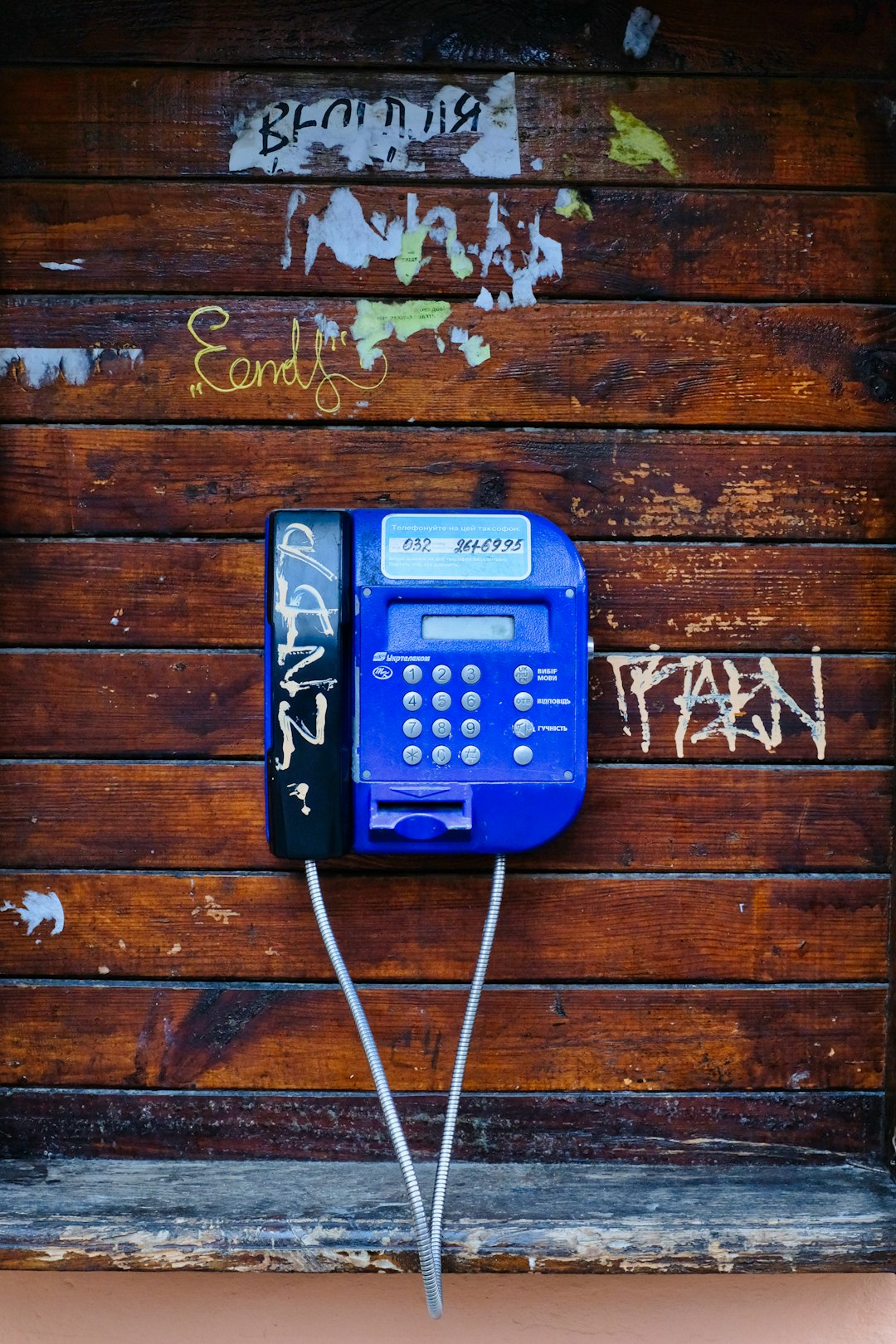Chicago has stringent spam texts laws, governed by the CAN-SPAM Act and state regulations like Illinois', that mandate explicit consent and opt-out options for marketing messages. Non-compliance incurs substantial fines up to $25,000. Businesses must use advanced filtering technologies, implement clear opt-in/opt-out mechanisms, regularly audit contact lists, staff training, dynamic content segmentation, and stay updated on legal revisions to avoid penalties and maintain customer trust.
Chicago has implemented stringent spam text regulations to protect residents from unwanted messaging. This article delves into the city’s anti-spam laws specifically targeting text messages, providing a comprehensive guide for businesses aiming for legal compliance. We explore key regulations, offer strategies to identify and prevent spam texts, outline enforcement procedures, and share best practices. Understanding these measures is crucial for Chicago businesses to steer clear of penalties and maintain customer trust in an increasingly regulated digital landscape.
Understanding Chicago's Anti-Spam Laws for Text Messages

Chicago has stringent regulations in place to combat unwanted spam text messages, aiming to protect its residents from deceptive and intrusive marketing practices. These laws are designed to ensure that consumers receive text messages only from senders who have obtained explicit consent, thus preserving their privacy. Understanding these regulations is crucial for businesses and marketers looking to operate within the city’s legal framework.
The Chicago City Code outlines specific guidelines regarding spam texts, including restrictions on sending unsolicited marketing messages via text. It emphasizes obtaining prior written consent from recipients and providing a clear opt-out mechanism in each communication. Non-compliance can result in significant fines, highlighting the importance of adhering to these anti-spam laws to avoid legal complications.
Key Regulations and Legal Framework for Compliance

In Chicago, the key regulations and legal framework for compliance regarding spam texts are primarily governed by the CAN-SPAM Act of 2003 at the federal level, which sets standards for commercial email or “spam.” This act requires senders to obtain explicit consent from recipients before sending promotional messages, ensuring that emails are clearly identified as advertisements, and providing an easy opt-out mechanism. State laws, such as those in Illinois, further strengthen these regulations with additional requirements like specific content disclosures and restrictions on the timing of text messages.
Compliance measures involve adhering to strict do-not-call lists, honoring consumer requests to stop sending texts, and implementing robust data security practices to protect subscriber information from unauthorized access or use. Chicago’s legal landscape emphasizes transparency, consent, and respect for recipients’ privacy, making it imperative for businesses to carefully navigate the spam texts laws to avoid penalties and maintain customer trust.
Identifying and Preventing Unwanted Spam Texts

Identifying and preventing unwanted spam texts is a critical aspect of maintaining compliance with Chicago’s strict spam text laws. Businesses operating in this jurisdiction must implement robust measures to filter out unsolicited messages, as failure to do so can result in significant legal repercussions. One effective strategy involves utilizing advanced filtering technologies that can detect and block patterns common in spam texts, such as automated dialing systems or suspicious keywords.
Additionally, companies should establish clear opt-out mechanisms, allowing recipients to easily discontinue receiving promotional or advertising SMS messages. Regularly updating and training staff on these procedures ensures a proactive approach to compliance, further mitigating the risk of penalties associated with non-compliance with Chicago’s spam text laws.
Enforcement and Penalties: What Businesses Need to Know

In Chicago, the enforcement of spam text laws is taken very seriously, with strict penalties in place for non-compliance. The Chicago Department of Business Affairs and Consumer Protection (BACP) is responsible for monitoring and investigating complaints related to unsolicited text messages, or spam texts. Businesses found guilty of sending spam texts can face significant fines, ranging from $500 to $25,000 per violation, depending on the severity of the offense. These penalties are designed to deter companies from engaging in such practices and protect consumers from intrusive and potentially fraudulent messaging.
To ensure legal compliance, businesses should understand that consent is crucial. Any text message marketing campaign must obtain explicit consent from recipients before sending messages. This often involves obtaining opt-in agreements, where customers actively agree to receive promotional texts. Furthermore, companies must provide an easy and clear way for individuals to opt-out of future communications, allowing them to stop receiving spam texts at any time. By adhering to these guidelines, businesses can avoid legal issues and maintain a positive relationship with their customers.
Best Practices for Chicago Businesses to Stay Compliant

To stay compliant with the spam text laws in Chicago, businesses should adopt a multi-faceted approach that combines robust internal policies and external communication strategies. Firstly, implement clear opt-in mechanisms for all marketing communications, ensuring customers actively agree to receive messages. Regularly audit contact lists to remove inactive or invalid numbers, maintaining an up-to-date database.
Additionally, train staff on responsible messaging practices, emphasizing the importance of personalized content and timely unsubscription options. Use dynamic content and segment your audience to deliver relevant messages, improving customer experience and reducing the risk of complaints. Regularly monitor industry updates and legal revisions related to spam texts in Chicago to adapt policies accordingly.






